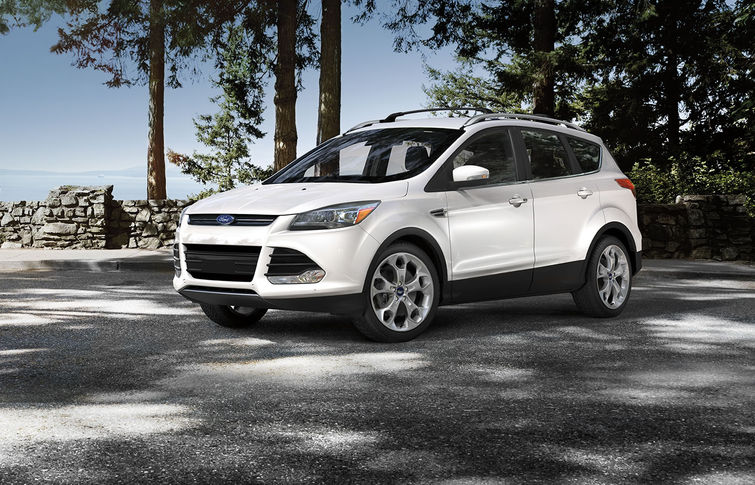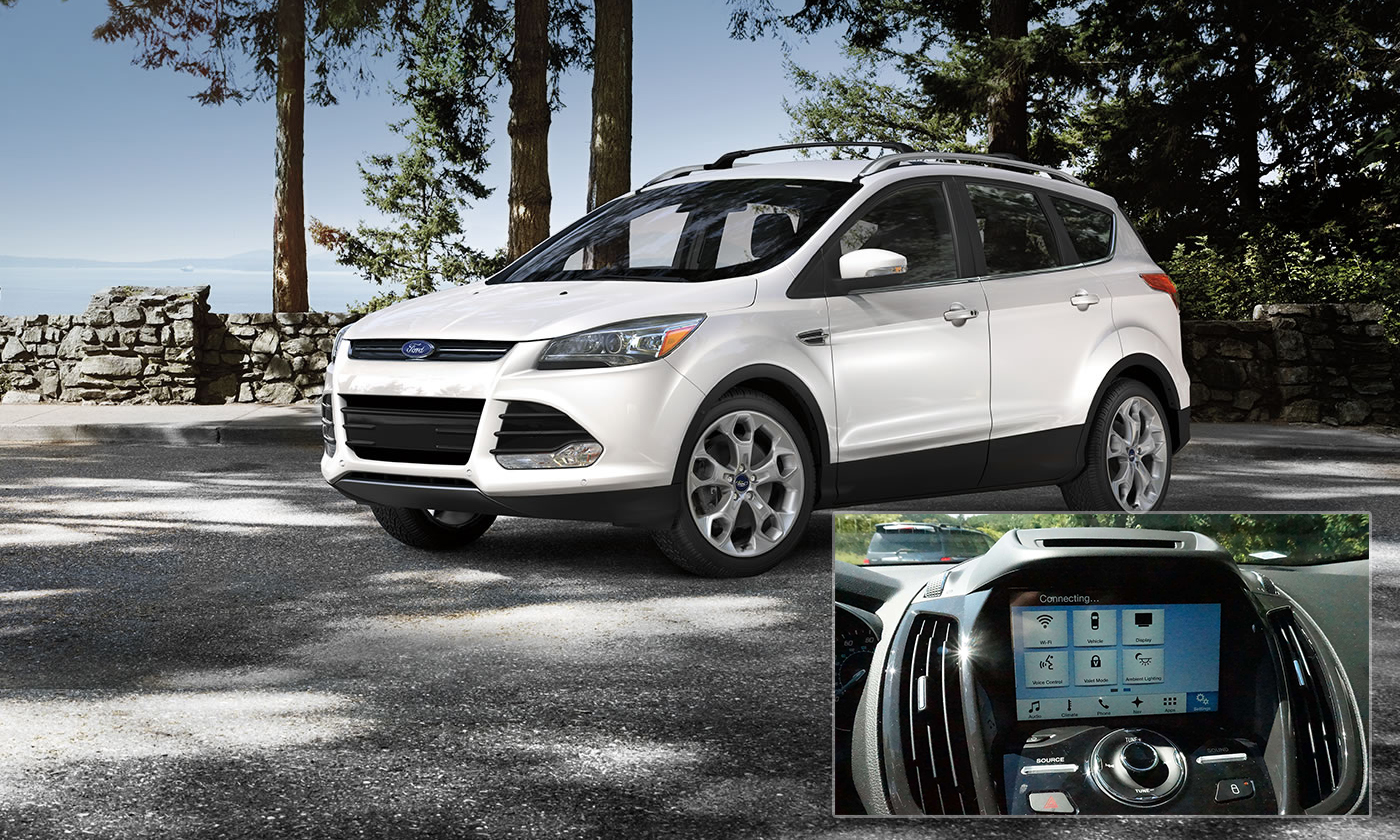What’s Next for Car Tech: The Road to Self-Driving Autos
Car owners are overwhelmed by new features, but innovations should drive away confusion, and autonomous driving is becoming a reality.

Between Ford Sync 3, Apple CarPlay and Android Auto, it seems like everyone is fighting to be on your next dashboard. But maybe cars are getting too smart for their own good. According to a recent report from JD Power, 20 percent of new vehicle owners said they never used 16 of 33 in-car tech features, and nearly one-third indicated they have never used any in-vehicle apps.

"It doesn't surprise me, since a car owner's manual these days is 400 pages or more," said John Quain, Tom's Guide automotive contributing editor. "Most drivers ignore lane-departure warning alerts and never switch on adaptive cruise control, so it's not so astonishing that those drivers also don't bother to play Pandora through the dashboard."
One of the best examples of car tech in 2015 deftly balanced safety innovations with gee-whiz gadgetry. The Volvo XC90 impressed because it represents a complete re-conception of what a safe, connected car will be going forward.
MORE: The Biggest Tech Trends of 2016
"Not only does it have numerous driver assist systems--lane keeping and auto breaking," said Quain. but the whole connected in dash system has been designed around a touch-screen aimed at drivers who have grown up on iPhone and iPads."
No one company is in the lead ─ not even Google. -- John Quain, Tom's Guide automotive contributing editor.
It's clear that the industry needs to do a better job of explaining the benefits of the latest features, and how they will improve the driving experience while keeping you safe. To help jump-start that conversation, CES 2016 will see a 25 percent growth in show-floor space over 2015, and more than 100 automotive-tech companies will unveil innovations in both in-car technologies and driverless tech. Nine major automakers will be in Las Vegas as well.
But don't expect Apple CarPlay and Android Auto to take over dashboards in 2016.
"There definitely has been a lot of lip service paid to supporting both CarPlay and Android Auto by car companies," Quain said. "The experience using CarPlay or Android Auto is limited. You can't control basic things in the car like the radio or A/C using these apps, and that isn't going to change."
MORE: Apple CarPlay: Everything You Need to Know
The sale of Nokia's Here navigation for $3.1 billion to Audi, BMW and Mercedes-Benz could give those automakers a strong alternative to Apple's and Google's offerings, especially when it comes to integrating Nokia's high-precision mapping services for self-driving features. Expect a lot more auto-pilot features in 2016.
"The most interesting introduction will probably be GM's Super Cruise system for having cars take over the driving chores on a highway," Quain said. "No one company is in the lead ─ not even Google ─ because they are all using the same basic components and underlying systems. It's all a matter of gaining experience with the hardware and software, and then tweaking it to improve accuracy and safety."
One day, the term 'driving' might be an archaic term -- Shawn Dubravac, chief economist, Consumer Technology Association
Although it will probably take until 2020 for fully autonomous vehicles to go mainstream, there's no question that what it means to drive is about to change.
"The in-car experience fundamentally shifts when you start to have an autonomous vehicle," said Shawn Dubravac, chief economist for the Consumer Technology Association. "You don't need to have a steering wheel. One day, the term 'driving' might be an archaic term."
The wheel may be sticking around for a while, though. The state of California recently proposed limits on self-driving cars that would require a steering wheel and pedals, which Google's autonomous vehicles lack. Needless to say, Google was "disappointed" by the draft rules.
| 2016 TECH TRENDS TO WATCH: What You Need to Know |
| What's Next for VR: More Useful Content, Less Nausea |
| What's Next for Wearable Tech: What Will Make You Healthy? |
| What's Next for Laptops: OLED Screens, Oculus-Ready Gaming |
| What's Next for Drones: Super Selfies, GoPro Karma, FAA Confusion |
| What's Next for TV: 4K Goes Mainstream, But Here Comes HDR |
| What's Next for Smart Home: Simplicity Trumps Smarts |
Sign up to get the BEST of Tom's Guide direct to your inbox.
Get instant access to breaking news, the hottest reviews, great deals and helpful tips.
Mark Spoonauer is the global editor in chief of Tom's Guide and has covered technology for over 20 years. In addition to overseeing the direction of Tom's Guide, Mark specializes in covering all things mobile, having reviewed dozens of smartphones and other gadgets. He has spoken at key industry events and appears regularly on TV to discuss the latest trends, including Cheddar, Fox Business and other outlets. Mark was previously editor in chief of Laptop Mag, and his work has appeared in Wired, Popular Science and Inc. Follow him on Twitter at @mspoonauer.

